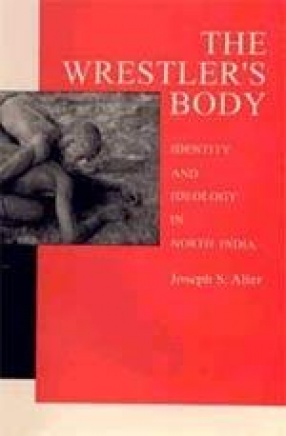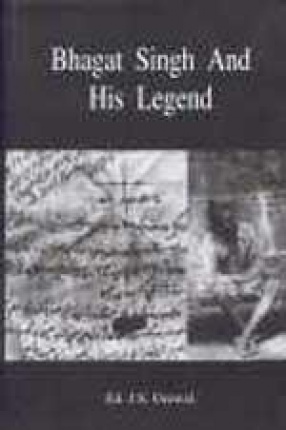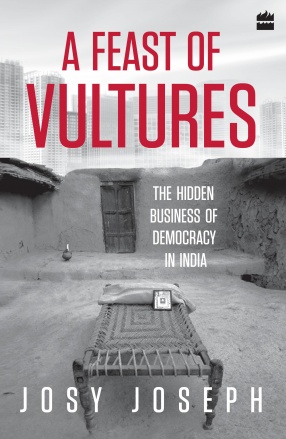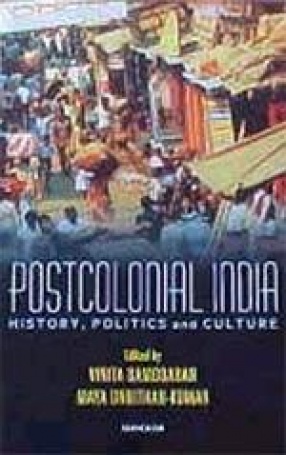The Wrestler’s Body tells us the story of a way of life organized in terms of physical self-development. While Indian wrestlers are competitive athletes, they are also moral reformers whose conception of self and society is fundamentally somatic. In order to elucidate the somatic structure of the wrestler’s identity and ideology, Joseph Alter uses the insights of anthropology to write an ethnography of the wrestler’s physique. Young men in North India may choose to join an akhara, or gymnasium, where they subject themselves to a complex program of physical fitness. Under the supervision of a guru they become wrestlers by learning how and what to eat, how, when and where to sleep, bathe, defecate, exercise, brush their teeth, and rest, what to wear, and generally how to comport themselves. By these means they not only become competent athletes, they come to develop a moral physique and to embody an ideology of public health. Alter’s first-hand description of each detail of the wrestler’s regimen is set within the geomoral context of the gymnasium and is framed by a series of interpretations: the place of the body in the relationship between a guru and his disciple; the meaning of patronage as a system of control and support; the embodiment of symbolic structures in the ritual of Nagapanchami; a deconstruction of the embodied self through the drama of tournament competition; and the development of a moral physique modeled on the ironic form and divine structure of Lord Hanuman’s body. Wrestling provides a unique perspective on South Asian culture and society. Self-consciously outside the cultural mainstream, it cuts against the weave of the larger cultural fabric. By bringing members of high and low castes into close physical contact, wrestling challenges the principles of purity and pollution. Concepts of general health and fitness are redefined in exaggerated terms. Using the model of sannyasa, or Hindu world renunciation, wrestlers transform the disciplinary mechanisms of asceticism into the terms of somatic nationalism and utopian reform. The body of the wrestler is a focal symbol in the rubric of "ethical nationalism." Wrestlers feel that a reform of Indian national character is imperative and that moral reform on this scale can only be achieved through a discipline of the individual body. As such, wrestlers advocate their way of life as an ideology of national health. Everyone is called on to become a wrestler and build collective strength through self-discipline.
The Wrestler’s Body: Identity and Ideology in North India
In stock
Free & Quick Delivery Worldwide
reviews
Bibliographic information
Title
The Wrestler’s Body: Identity and Ideology in North India
Author
Edition
1st. Ed.
Publisher
ISBN
8121507995
Length
332p.
Subjects






There are no reviews yet.